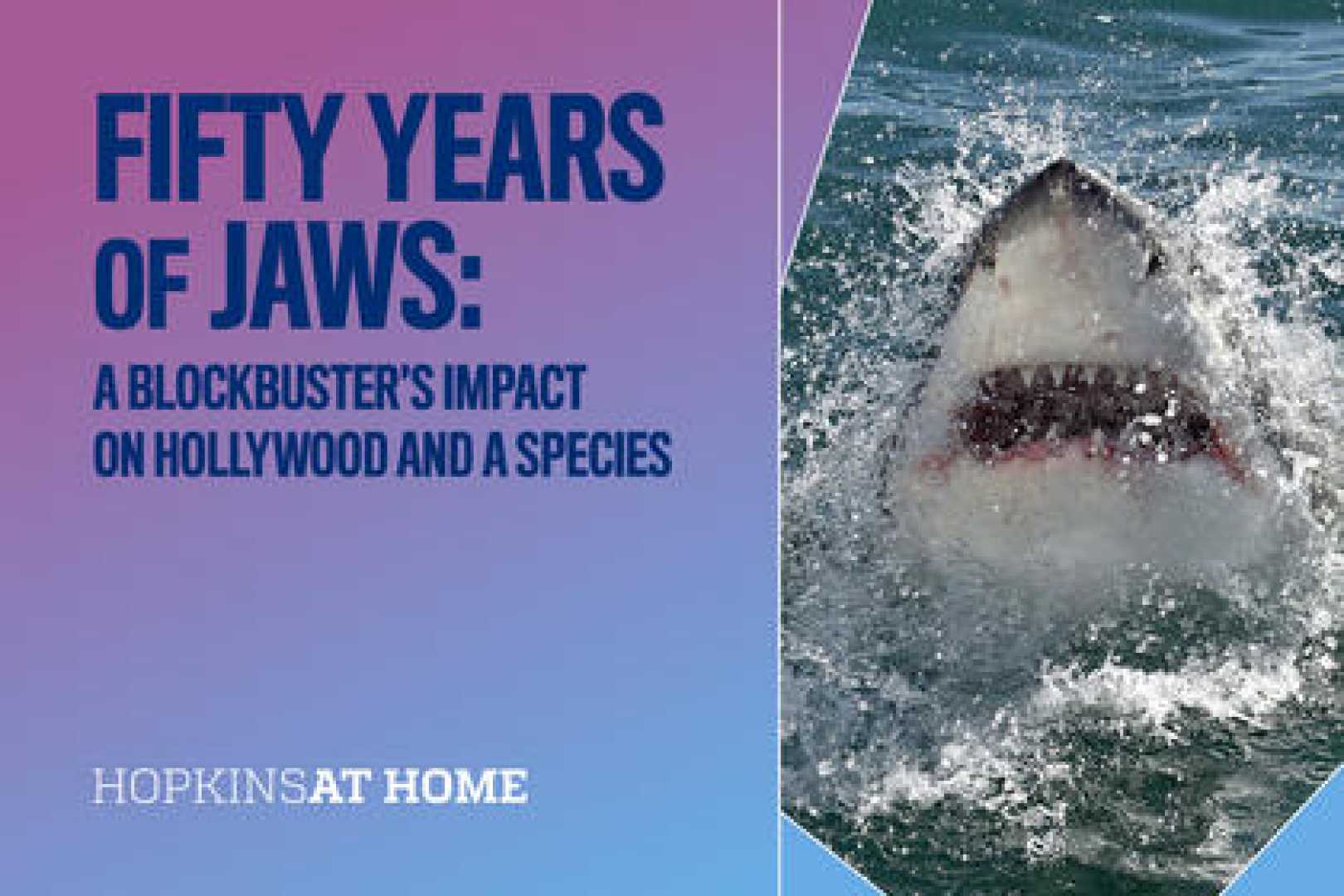Entertainment
How ‘Jaws’ Changed Hollywood and Invented the Summer Blockbuster

HOLLYWOOD, Calif. — The release of ‘Jaws’ on June 20, 1975, marked a turning point in Hollywood history. Directed by Steven Spielberg, the film became a phenomenon, altering the way movies were marketed and conceptualized.
Based on Peter Benchley’s novel, ‘Jaws’ tells the story of a great white shark that terrorizes a small New England beach town. The audience’s visceral reaction during preview screenings hinted at the blockbuster status it would achieve. Joseph McBride, a historian who attended an early screening, absorbed the audience’s shock when the shark first attacked.
‘When the girl was pulled under by the shark, the whole audience rippled like a wave,’ McBride recalled. After its release, ‘Jaws’ became the first film to break $100 million at the box office, a record previously held by ‘The Godfather.’ The movie’s success also sparked a summer movie trend, fundamentally reshaping release strategies across the industry.
Alongside its box office victories, ‘Jaws’ instilled a nationwide fear of sharks that persists today, as evidenced by the popularity of Shark Week on the Discovery Channel. The film’s marketing strategy, which included merchandise and extensive media coverage, set a precedent that future blockbusters would follow.
‘Jaws’ was not only a lucrative venture; it signaled a shift in Hollywood’s business model. A culture of big budget summer releases began to dominate, replacing previous strategies that focused on smaller releases during holiday seasons. By 1996, summer movies accounted for nearly 64% of annual box office revenue, compared to just 32% in 1975.
The film’s influence goes beyond economics; it altered storytelling techniques in cinema. Craig D. Cackowski, a film scholar, notes that Spielberg’s use of suspense and withholding crucial visual elements revolutionized the creature feature genre. The animatronic shark, nicknamed ‘Bruce,’ frequently malfunctioned, leading Spielberg to cleverly mask it and build tension through suggestion rather than overt monster reveals.
‘Not showing the shark means the shark is forever the creature in our minds,’ said Matt Singer, a film critic. This approach has become a hallmark of suspense films, leading to successful genre inclusions from horror to adventure.
Additionally, ‘Jaws’ introduced the concept of the ‘summer blockbuster’—a high-profile film designed to cater to broad audiences. Following its success, sequels and copycat films flooded the market, albeit with varying degrees of success. Spielberg’s later work continued to embrace this blockbuster model, showcasing its lasting impact on Hollywood.
As ‘Jaws’ celebrates its 50th anniversary, it remains a key milestone in cinematic history, proving that a single film can redefine not just a genre, but an entire industry.












